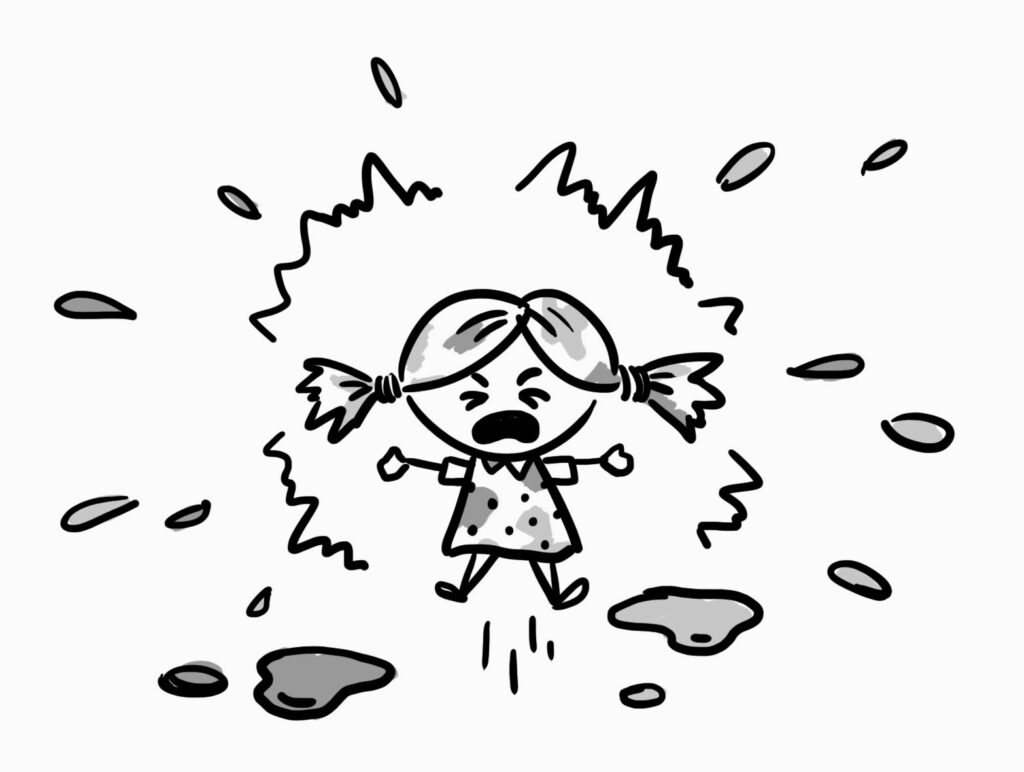Children & young people are frequently seen as ‘people-pleasing’ when their parents separate. Trying their best to oblige both of their conflicting parents, they keep changing their ‘colours’ like perfect little ‘chameleons’. All too often they will be saying what they think you want to hear or acting in ways that may find ‘favour’ with each of you. But at what cost to them?

Some are striving hard to satisfy both parents who may be at totally opposite ends of the opinion spectrum. This kind of ‘impossible diplomacy’ can make children think or feel that they are failing by letting someone down pretty much all the time. By pleasing one parent they feel they will inevitably upset the other! So their self-esteem drops dramatically as they get very confused and quickly lose their self-awareness. As result they may struggle to develop and mature in adolescence and in later life, always burying their thoughts, feelings and desires in case it appears they are taking sides with one person or parent. It’s common for these young people to either grow up prematurely into ‘pseudo-adults’ (sometimes ‘morphing’ into either parent as they become aligned with them), or to regress and revert to earlier childhood behaviour.
Their behaviour can also change dramatically from one extreme to the next. There is often a lack of equilibrium as they swing from one parent to the other, or try to find strategies to address the next issue or event that needs mediating.

And so, suffocating who they really are, they try to master this impossible diplomacy in order to control the situation in their lives, a behaviour that is most likely to end in an uncontrolled outburst of anger or anxiety. The ‘real self’ has to come out at some point – along with all their frustrations and other tensions too! This may come as a surprise to you when your child has been quietly ‘under the radar’ and then suddenly erupts for no apparent reason. Actually, it’s a bit like a dam holding back the flood of strong emotions that suddenly reaches breaking point and bursts open.
These ‘chameleon-like’ children are very good at blending in and will ‘mirror’ and reflect back what their parents or peers want so as to avoid feeling left out, isolated or not accepted. Although it’s good for them to be adaptable it can be too big a strain if taken to extreme and even very young children can suffer from anxiety.
